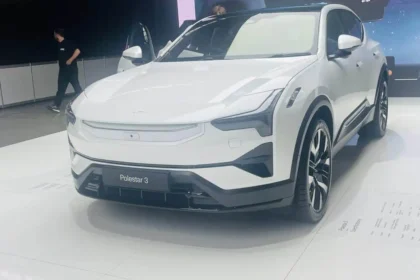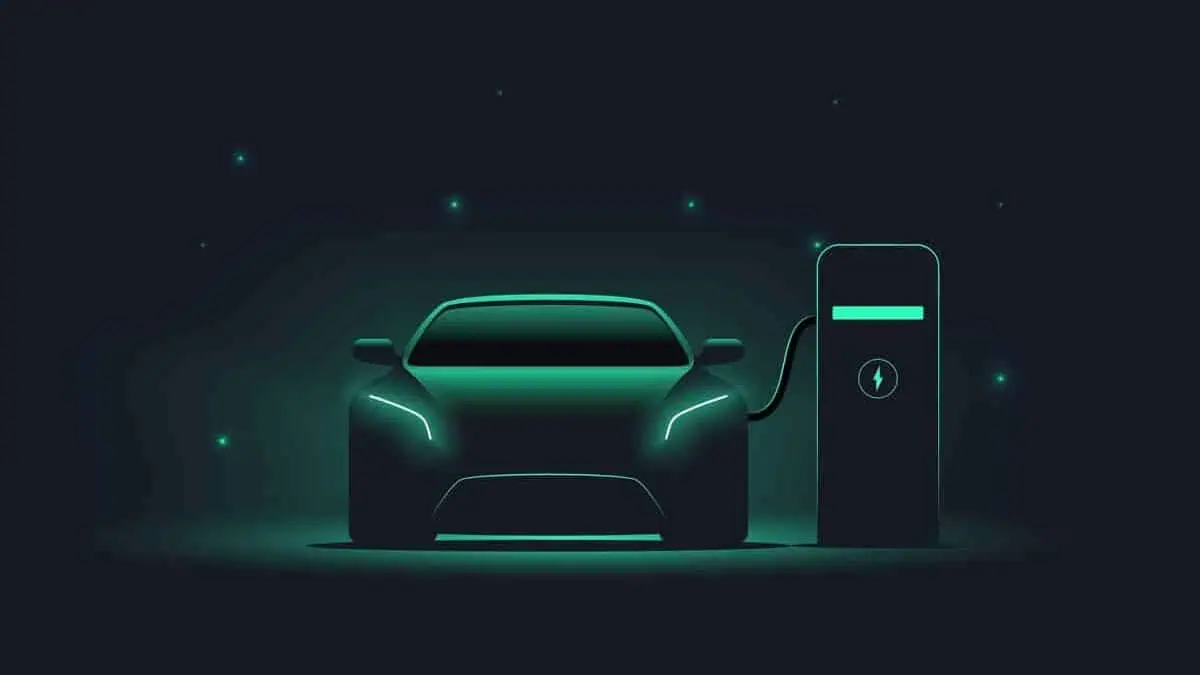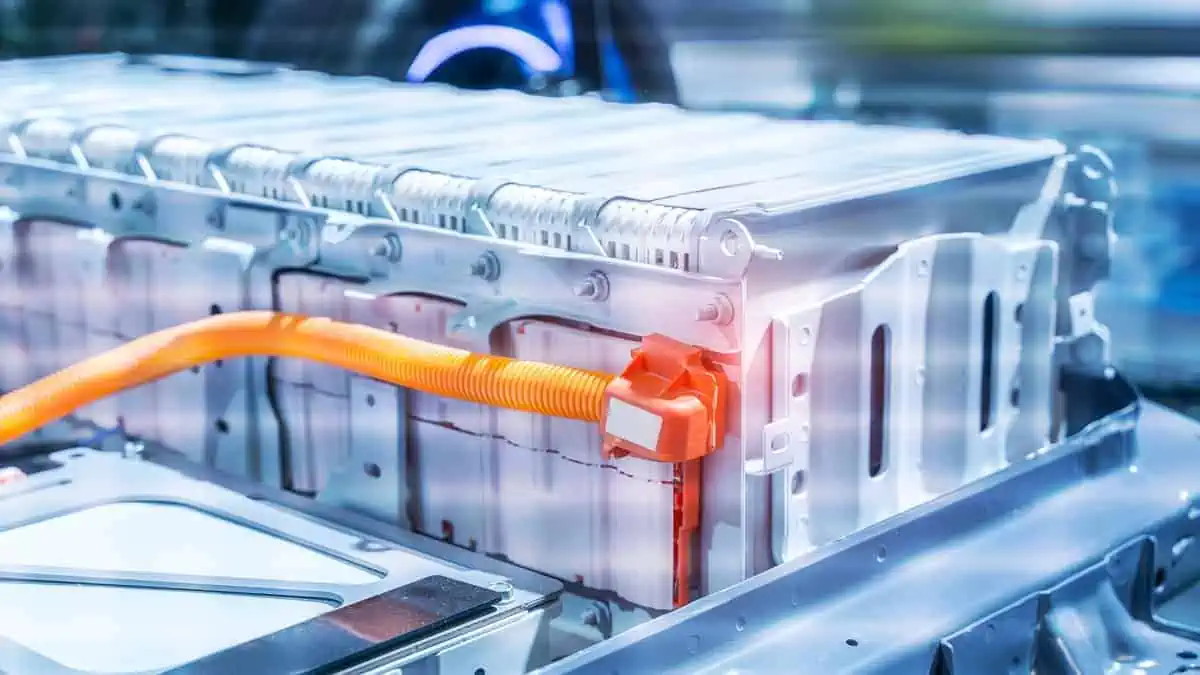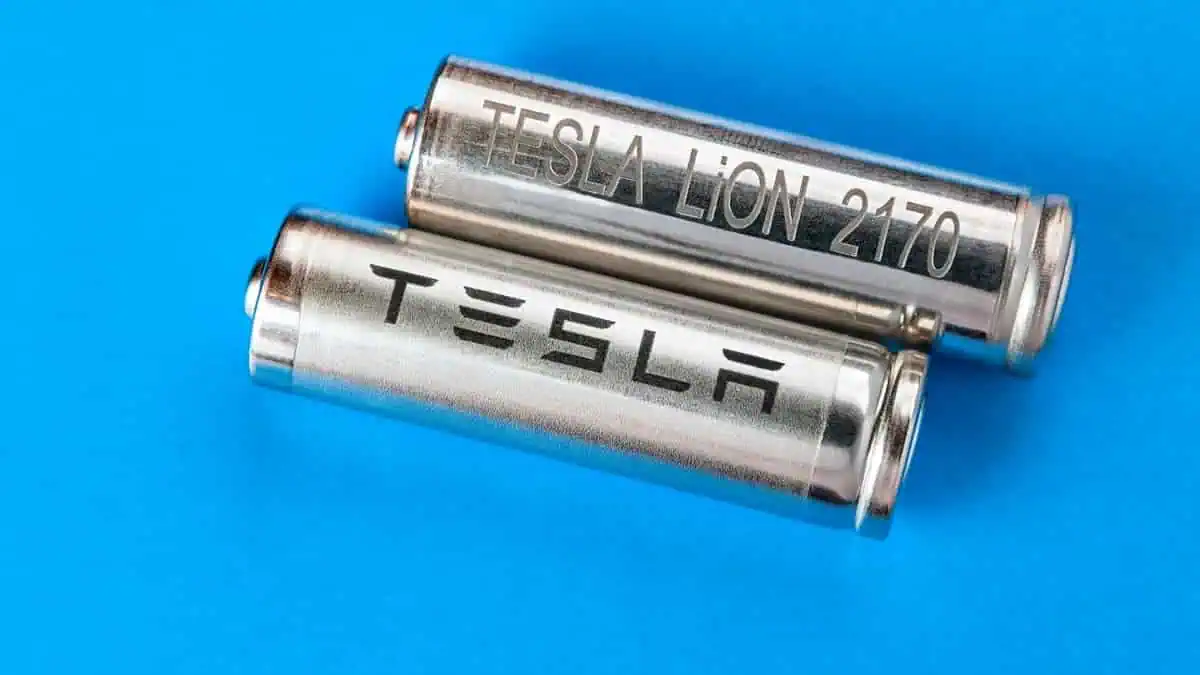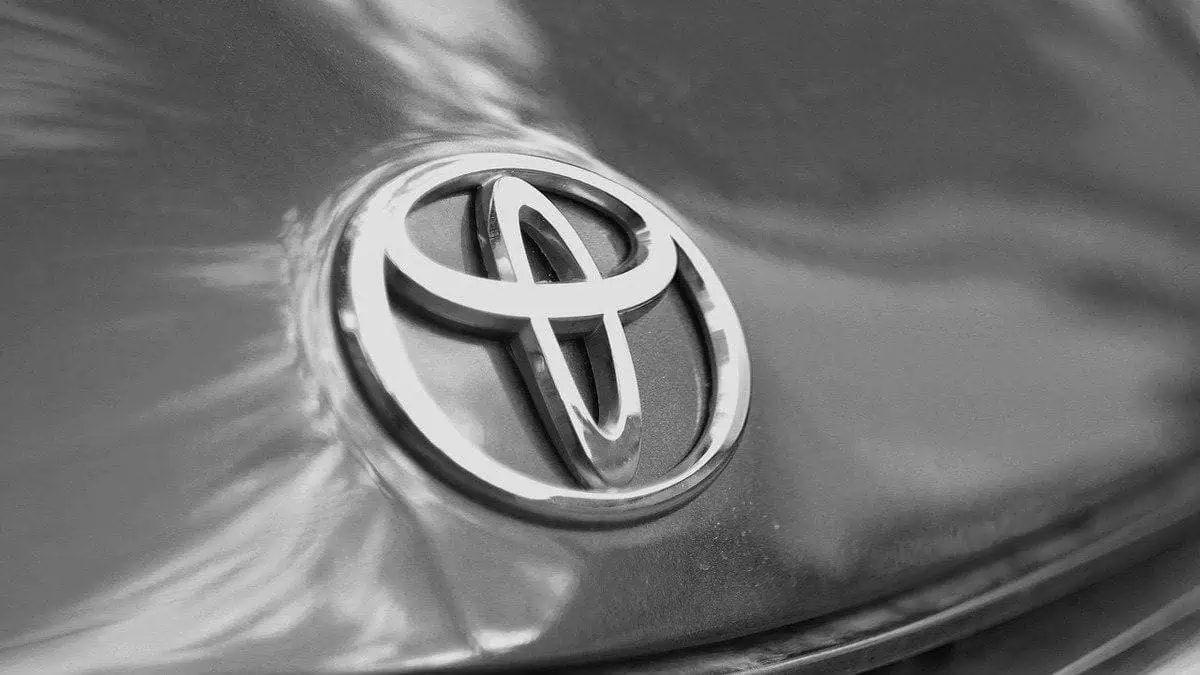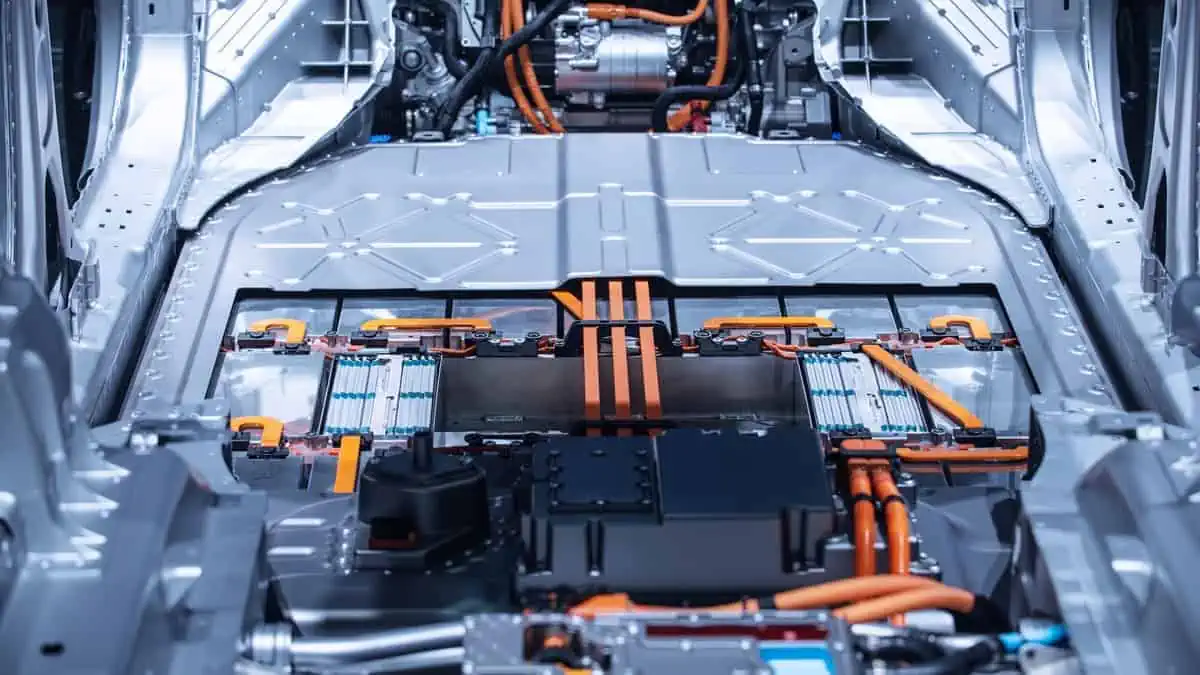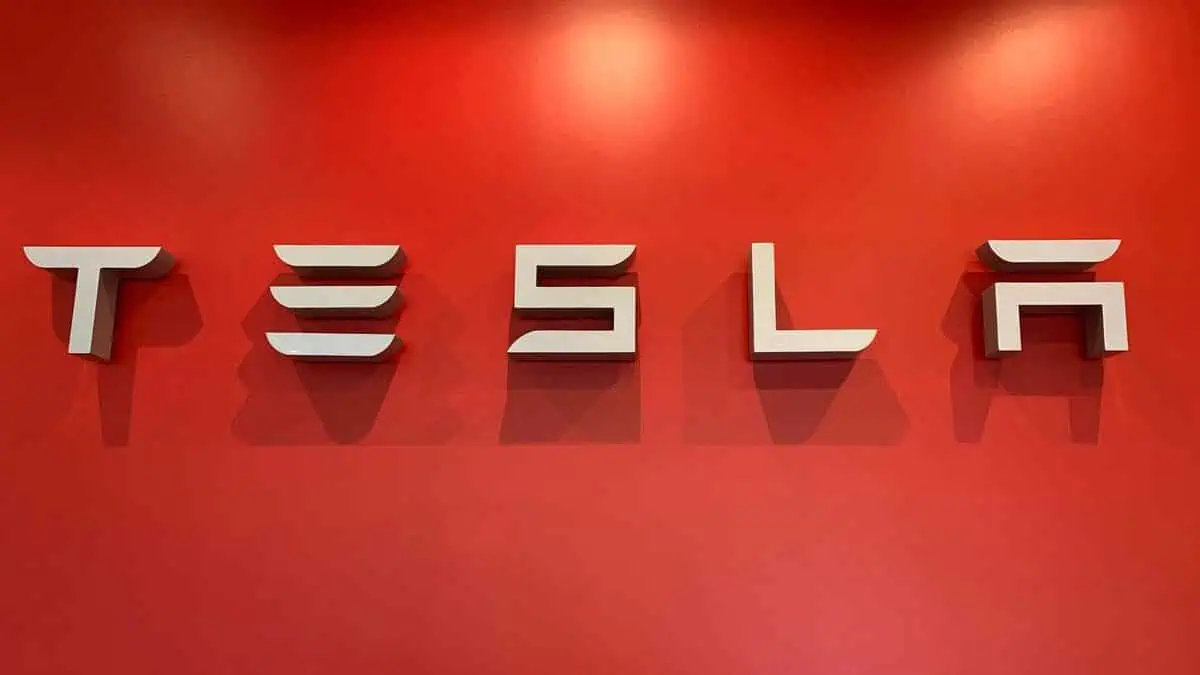Polestar 5 prototype charges 10%-80% in 10 minutes at over 370 kW with StoreDot’s XFC tech
Polestar and StoreDot's latest test with the Polestar 5 prototype achieves an…
Saudi Arabia intensifies lithium sourcing push to aid electric vehicle goals
Amid efforts to diversify its economy, Saudi Arabia seeks to secure global…
EU Researchers seek to extend EV Battery life with a new Charging practice
A breakthrough by European researchers in "pulsed current charging" for li-ion batteries…
Tesla supplier Piedmont Lithium to establish mining operations in North Carolina
With mining approval in North Carolina, Piedmont Lithium moves closer to reducing…
Toyota’s focus on hybrid vehicles over BEVs because of anticipated lithium shortage
In its presentation to the World Economic Forum in January 2023, Toyota Chief Gill…
NIO converts standard 75-kWh battery pack to all-LFP cells
Chinese electric vehicle automaker NIO has just introduced a new battery chemistry for its Standard battery pack option…
US Southeast’s first-ever EV battery supply chain project is set to arrive in Louisiana by 2026
Japanese chemical giant UBE Corporation announced plans to develop an electric vehicle battery chemicals factory…
Tesla makes notable progress in its lithium refinery development in Texas
Electric vehicle giant Tesla showed significant progress in its lithium refinery development in Texas, based on the drone…
VW-backed 24M Technologies achieves a battery recycling breakthrough
MIT spinout and battery developer 24M Technologies has just introduced a new direct-material battery recycling process…
Researchers achieved new li-ion conductor breakthrough to replace liquid electrolytes
University Of Liverpool's researchers proudly announced its latest breakthrough in battery technology, a new li-ion…


